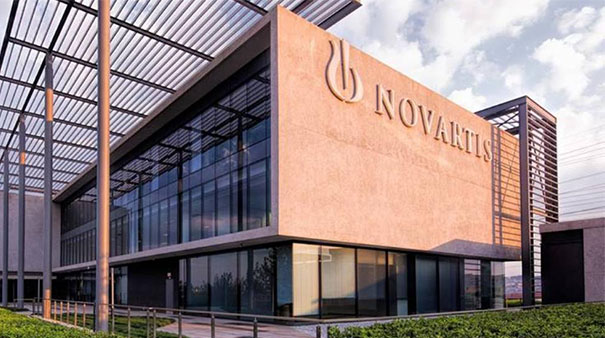Novartis' bid to expand use of SMA gene therapy delayed after FDA trial request

Analysts have said the FDA’s request for a new trial will delay Novartis’ intrathecal formulation of its spinal muscular atrophy (SMA) gene therapy in older patients until 2023, potentially benefiting a rival from Roche.
Zolgensma is a one-off gene therapy that is already approved in babies and very young children and is delivered by intravenous infusion to treat the underlying genetic cause of the rare muscle-wasting disease.
Costing more than $2.1 million for a single dose, Zolgensma is the world’s most expensive drug, and according to a team of analysts from investment bank Jefferies the new formulation could account for roughly $1 billion of peak sales of around $2.8 billion.
After reviewing data from the STRONG study of Novartis’ intrathecal (IT) formulation of Zolgensma (onasemnogene abeparvovec) in older patients with spinal muscular atrophy, the FDA has recommended a pivotal study to further support a filing.
The FDA also has an unrelated partial safety hold on development of Zolgensma IT that is also holding things up – the new trial cannot begin until this is lifted.
Novartis, which spent $8.7 billion on US biotech AveXis to get rights to Zolgensma, said it remained confident about the therapy’s benefit-risk profile.
Jefferies’ team of analysts, led by Peter Welford, said that Novartis had planned to discuss non-human primate preclinical data with the FDA with a view to filing for approval for Zolgensma IT during the first half of next year, assuming the clinical hold is lifted.
But Welford’s team estimates the new study requirement has delayed filings until at least 2023, giving a greater opportunity for Roche’s Evrysdi (risdiplam), which the FDA approved for treatment of SMA in adults and children aged over two months in August.
The Jefferies team said that this is unfortunate timing as Novartis is just beginning to improve the drug’s reputation after it emerged that AveXis had manipulated some of the preclinical data that formed part of the original FDA filing.
Novartis blamed the scandal on people at AveXis, and fired co-founders Brian and Allan Kaspar as a result. The FDA concluded an investigation into the matter earlier this year, and Novartis escaped without serious punishment.
Welford said in a note: “This is a disappointing pipeline setback, in our view, as sentiment towards the stock was just beginning to improve.”












